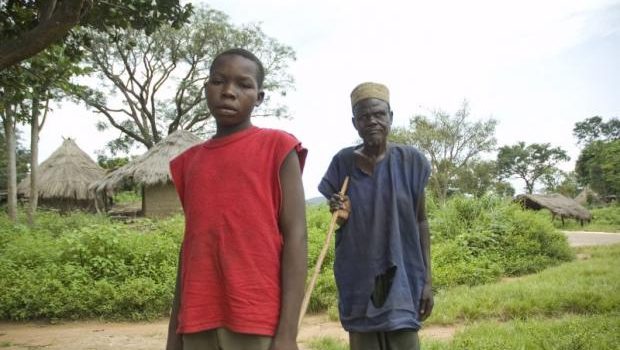Metro
‘40 million Nigerians at risk of river blindness’

A lecturer and Ophthalmologist at the National Postgraduate Medical College of Nigeria, Dr. Valentina Ideh, has raised the alarm that about 40 million Nigerians are at risk of contracting river blindness in the country.
River blindness is a disease caused by infection with the parasitic worm Onchocerca volvulus.
Symptoms include severe itching, bumps under the skin, and blindness. It is the second-most common cause of blindness due to infection, after trachoma.
Dr Ideh stated this in Benin during the 20th Faculty Lecture with the theme: Vision 2020 in Nigeria: Myth or Reality.
“Onchocerciasis is perhaps, the most studied filarial infection in Nigeria. The provisional estimates had suggested that 7-10 million Nigerians are infected with Onchocerca volvulus, approximately 40 million are at risk of the disease”, she said.
Read also: NDLEA to recruit 5,000 personnel
She said according to the Global Burden of Disease Study estimate in 2017, there were 20.9 million prevalent Onchocerciasis volvulus infections worldwide, adding that 14.6 million of the infected people had skin disease while 1.15 million had vision loss.
According to her, other causes of blindness are Glaucoma and cataract
She called on the federal government to upgrade its ophthalmology department in all Teaching Hospitals and integrate the Primary Eye Care (PEC) into Primary Health Care (PHC) initiative across the 36 states of the federation.
Join the conversation
Support Ripples Nigeria, hold up solutions journalism
Balanced, fearless journalism driven by data comes at huge financial costs.
As a media platform, we hold leadership accountable and will not trade the right to press freedom and free speech for a piece of cake.
If you like what we do, and are ready to uphold solutions journalism, kindly donate to the Ripples Nigeria cause.
Your support would help to ensure that citizens and institutions continue to have free access to credible and reliable information for societal development.












